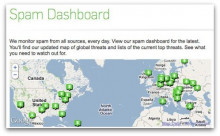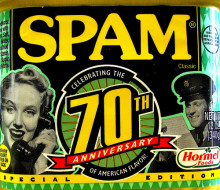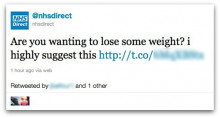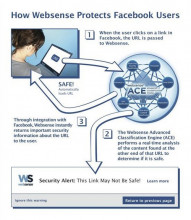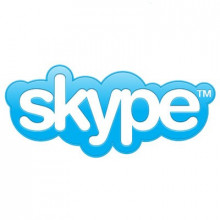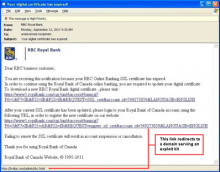Asia-based computers spread half world's spam
In cybercrime's mug sheet of top offenders, the "Dirty Dozen" of nations responsible for relaying spam now includes five Asian nations, including South Korea, which had the biggest increase to become second only to the U.S.
As compiled by senior technology consultant Graham Cluley for Sophos' Naked Security blog, the list shows how Indonesia, Pakistan, Taiwan and Vietnam have stepped into notoriety since the fall of 2010.














































